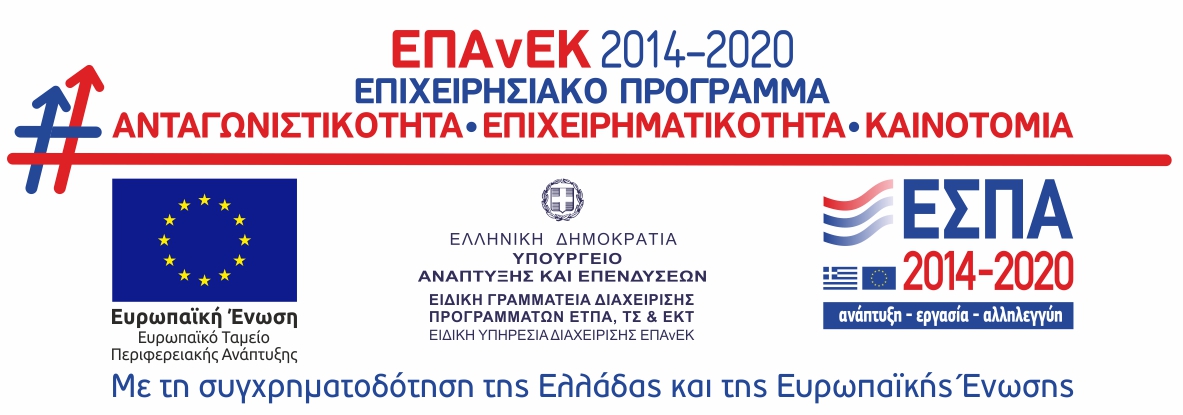Κάντε log in ή Εγγραφείτε εδώ
Αναζήτηση
Results

OPTIONS
Options for life, options for learning
OPTIONS is a new, exciting four-level course for secondary students by world-renowned author Herbert Puchta & team, providing successful solutions for mixed-ability classes.

2013 is the 100 year anniversary of Cambridge English exams. Coinciding with this important milestone, we are also changing our name to Cambridge English Language Assessment.
As our new name, Cambridge English Language Assessment will make it easier for people to understand what we do.
1° Convegno di Edilingua, Roma, 21 marzo 2015
"Dove va la didattica?"
Relatore: Telis Marin, direttore Edilingua
Δείτε το video
Joanna Malefaki interviews Marjorie Rosenberg
In its widest-ranging teacher-related research study to date, Cambridge University Press has found that 69 per cent of global teachers would still choose the profession if they were given the chance to start their career again, despite the challenges of their role. With over 10,000 responses from 166 countries, the World Teacher Survey gives real insight into what it is like to be a teacher in the 21st century.
The British Council’s ELTons awards celebrate the best innovations in English language teaching and learning worldwide. This year's winners can be found here.
Excellence in course innovation
Widgets Inc.: A task-based course in workplace English - Atama-ii Books
Widgets Inc. is a course employing a “strong” task-based approach to language learning.
Now in their nineteenth year, The British Council ELTons Awards for innovation in English language teaching and learning celebrate the newest and most original courses, books, publications, apps, platforms, projects, and more, which find new ways to meet the real-life needs of English language learners and teachers around the world.
There are about 7,000 languages spoken around the world -- and they all have different sounds, vocabularies and structures. But do they shape the way we think? Cognitive scientist Lera Boroditsky shares examples of language -- from an Aboriginal community in Australia that uses cardinal directions instead of left and right to the multiple words for blue in Russian -- that suggest the answer is a resounding yes. "The beauty of linguistic diversity is that it reveals to us just how ingenious and how flexible the human mind is," Boroditsky says.


